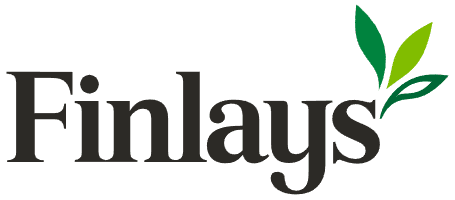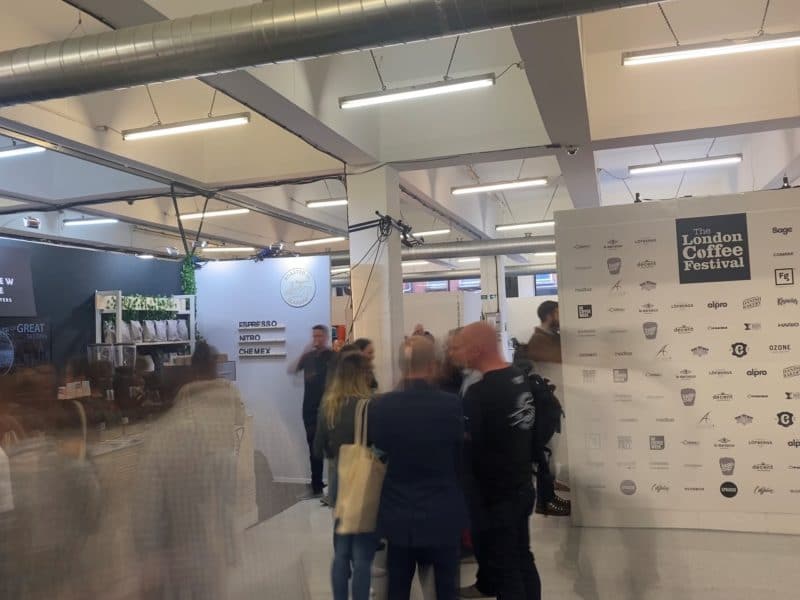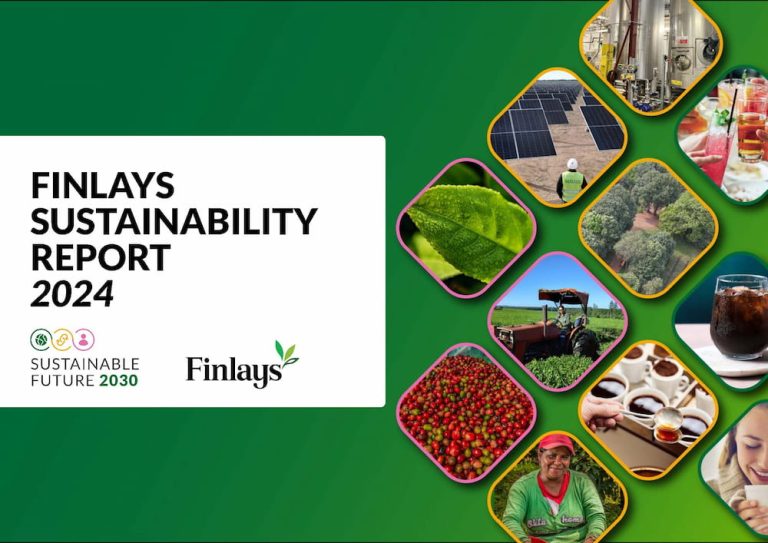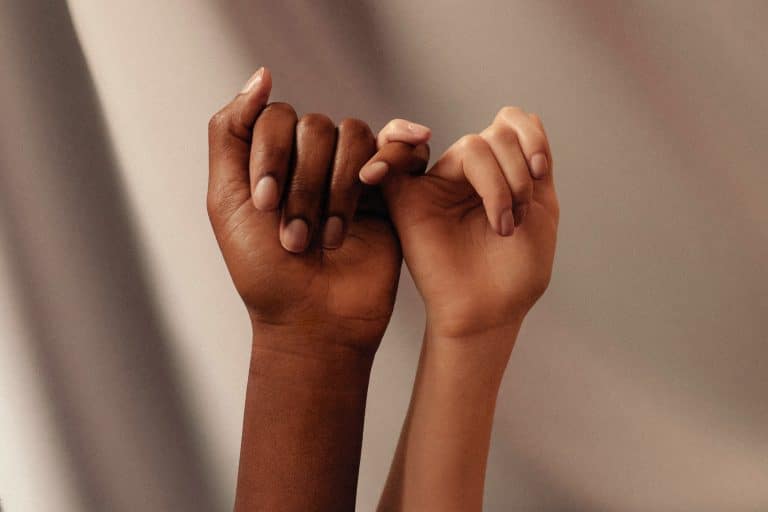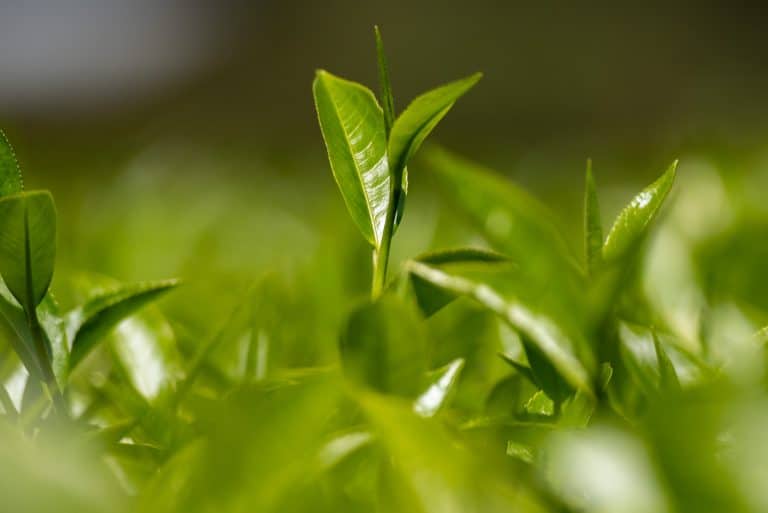5 Coffee Trends from the London Coffee Festival 2021
Didn’t make it to this year’s London Coffee Festival? Don’t worry – Finlays Group Insights Manager Siân Edwards has you covered with five coffee trends she identified while roaming the festival.
After a two-year physical hiatus, the London Coffee Festival returned in earnest at the end of September, bringing the great and good of the coffee industry back together once more.
As ever, spending a day at the festival offered a powerful insight into what’s happening on the UK coffee scene, and where consumer trends in the food and beverage industry might be headed next.
Top Coffee Market Trends for 2021
1. COVID-19 restrictions have increased at-home coffee consumption
This might sound obvious but many companies which had not previously sold directly to consumers, or relied on foodservice sales alone have since rapidly pivoted their business models. Using subscriptions and direct-to-consumer models, companies such as Nudie Tea and even Pret have found new routes to connect with their customers, increase repeat purchases and educate consumers about their brand and product. This form of selling is likely to continue and may drive quality and consumer connoisseurship throughout the industry.
2. Espresso machine can make more than just regular coffee
The lovely team from Three Cords Coffee gave us a demo of their new brand ‘Burning Tree’ rooibos espressos. Having identified a need for a ‘healthy, caffeine-free alternative’ to coffee, they developed a finely cut rooibos that can be run through an espresso machine to create coffee-style beverages – such as a rooibos latte – without the need for additional equipment or machinery. This is a great example of how foodservice providers can repurpose existing kit to provide innovative and exciting experiences to consumers.
3. Health, wellness and sustainability trends are here to stay
Non-dairy continues to be a major trend tapping into sustainability and health needs, with 23% of consumers believing plant-based milk is better for them than dairy (Mintel, UK Dairy & Non-Dairy Market Report 2021). This was evident at the London Coffee Festival with all vendors offering at least one non-dairy option. Rebel, Alpro, Soy Boy, Plant Purity and Mighty Pea were just a few of the plant-based exhibitors on display, served with both hot coffee and cold brew products.
Reusable cups took a hit during COVID-19 as the need for sterile, single-use items took priority. But if the London Coffee Festival is anything to go by, 2022 will see reusable cups return with a vengeance: one in four visitors to the festival bought a reusable cup, and we saw lots of innovation to improve the convenience and performance of the cups themselves, better preserving the beverage inside.
4. ‘Biophilic Experience’ to increase a need for natural, organic coffee products
A biophilic experience is one that connects humans intrinsically with nature and the environment within a wider ecosystem, driving our thirst for outdoor experiences, human interaction and a sense of awe. While ‘environmental wellbeing’ has been on the radar for some time – think house plants and air quality – Jeffrey Young, CEO and Founder at Allegra Group took it one step further, describing ‘biophilic experience’ as a fundamental and long-term development emerging from COVID-19. We believe this trend will propel consumer demand for natural, organic products that create connections between communities, coffee and tea being shining examples.
5. You need to offer a diverse range of tea and coffee beverages
Coffee shops have historically focused on developing their coffee range, catering to consumers looking for their caffeine (or decaf) hit. Other hot beverages, particularly tea, have typically taken a back-seat. However as operators look for strategies for post-COVID growth, we’re now seeing brands widening their range, offering better teas and ‘healthy’ soft drinks such as kombucha to appeal to a wider range of consumer needs, targeting low-traffic occasions such as the mid-afternoon. After all, cappuccino drinker in the morning becomes a cold brew drinker at lunch, becomes an afternoon tea enthusiast, looking for a milk oolong brewed for 3 minutes at 80 degrees.
For more insight on the latest coffee trends, follow Finlays on LinkedIn.
